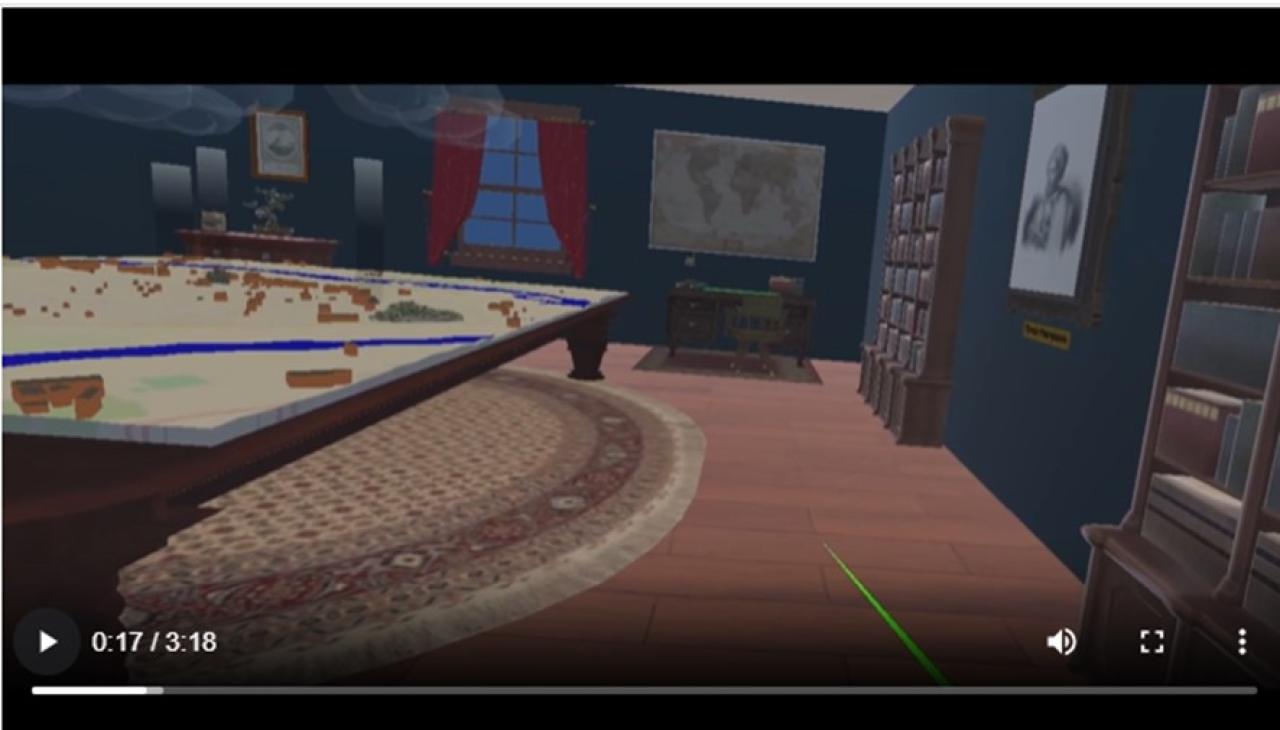We all agree that Artificial Intelligence and the emergence of virtual worlds as the metaverse will dramatically change the way we live, work, play and use services, with a particular strong impact in urban life, where all these things now mostly take place. City authorities will need to evolve urban services for the metaverse, that’s certain, but we also know that this won’t happen overnight. Testing and planning, and especially testing for better planning, are of the essence, and this is what happened in the Testing Actions carried out by most of the partners in the METACITY Action Planning network.
“By failing to prepare, you are preparing to fail,” said Benjamin Franklin. And cities do need to prepare themselves for a metaverse, AI powered, future and start to develop action plans for a more virtual tomorrow as they are doing in the METACITY network, but at the current pace of technological evolution how do you plan for the unknown? Well, you start by testing what you already know or have and then build up from there. Or as Indira Gandhi as said: “Have a bias towards action – let’s see something happen now. You can break that big plan into small steps and take the first step right away”. This is the rationale of the Testing Action in URBACT Action Planning Networks: small scale concrete field actions developed today, that generate feedback, data and evidence for planning big scale for tomorrow. This is valid for all URBACT networks but has proved particularly effective in technologically oriented projects such as METACITY, which has encouraged most of its partners to put them into practice, within their chosen areas of intervention.
Take Razlog, our partner in Bulgaria, for instance. With a long-term strategy focused on education, this partner testing action consisted of the development of a first digital laboratory for virtual reality and live streaming created and built in "Brothers Kanazirevi" Secondary School. The digital lab is emerging as a key element for student development in an era where technology is turning education into a personalized and engaging experience, and offered feedback in areas as costs of equipment, student engagement and content development that will now be incorporated in the IAP, where the extension of the experience to 11 more secondary schools will be planned. The testing action was a big success and gained national media coverage, including in national TV channels.
ISI Patras, the network academic partner that is working with the historic city of Arta in Greece, is naturally focusing is IAP in tourism, and its testing action developed a pilot version of Arta's digital twin, focusing on both tourism potential and educational outreach to raise awareness of the city’s cultural heritage among visitors and citizens. The lessons learnt will now be integrated in an ambitious planned action for a full scale operational digital twin, that will showcase the city many historic and touristic attractions to users across the world. While the other academic partner in the network, Åbo Akademy, is cooperating with the Finnish city of Nykarleby and used the testing action to demonstrate the potential of VR and 3D visualization as tools for communication between planners and citizens in the urban planning process, and to explore the reactions of citizens and stakeholders to the new possibilities, as part of the long-term plan to further engage citizens in urban transformation that will be the core of the local IAP.
Other partners focused on diverse themes, always related to the core areas of intervention of their future IAPs. Fundão, Mostar, Písek and Campobasso, all developed a first small-scale digital twin of specific areas of the cities, intended to be scaled up in the future, while Härnösand has developed a functional chat bot that gives answers to users on IT support questions, and that will be expanded to other city services as part of the IAP.
For all the cities that have decided to implement a Testing Action, the outcomes were well worth the effort and time dedicated to it, in their opinion. Not only has valuable information been gathered on implementation processes for new processes and technologies that will make the planning process for more ambitious actions much more assertive and more based on real data and less on wishful thinking, but also the project has been made more tangible. The testing action has allowed cities to reach out and engage the population and other stakeholders already during the planning stage and has increased the visibility of the network and programme in all the cities. Will they do it again? Yes, for sure, but now big scale, as part of the implementation of the actions that will make the future Integrated Action Plans in the 10 Metacity cities.

